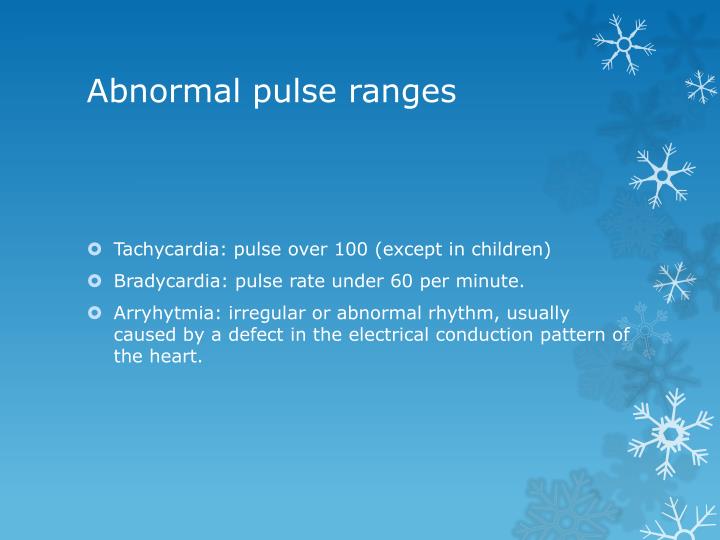
The importance of respiratory rate monitoring: From healthcare to sport and exercise. Nicolò A, Massaroni C, Schena E, Sacchetti M. Acute respiratory distress syndrome in traumatic brain injury: how do we manage it? J Thorac Dis. Journal of the American Geriatric Society. Normal respiratory rate and peripheral blood oxygen saturation in the elderly population. Rodriguez-Molinero A, Narvaiza L, Ruiz J, Galvez-Barron C. ECG derived Cheyne-Stokes respiration and periodic breathing are associated with cardiorespiratory arrest in intensive care unit patients.

Tinoco A, Mortara DW, Hu X, Sandoval CP, Pelter MM. Normal percentiles for respiratory rate in children-Reference ranges determined from an optical sensor. Overdoses: An overdose of aspirin or amphetamines may speed up breathing.Lung conditions: Conditions such as lung cancer, pulmonary emboli (blood clots in that travel to the lungs), and other lung diseases often raise the respiratory rate.Infections: Flu, pneumonia, tuberculosis, and other infections can cause fast breathing.

Hyperventilation: People may breathe more rapidly when they feel stress, pain, anger, or panic.Heart conditions: People with heart failure and other heart conditions often have elevated breathing rates.It's important to consider fever if you're measuring a breathing rate. Rapid breathing may mean an infection is getting worse. Fever: When you have a fever, your body tries to cool you off by breathing faster.Dehydration: Dehydration can speed up your breathing.It's often present in people with a history of smoking. Chronic obstructive pulmonary disease (COPD): Chronic obstructive pulmonary disease is a common cause of rapid breathing.It's important to keep a close eye on breathing rates.

Even small increases can be a sign of worse breathing problems. Asthma: During an asthma attack, breathing rates often go up.The rapid, deep breathing is referred to as "Kussmaul's respiration." This can occur with metabolic conditions like diabetes ( diabetic ketoacidosis). Acidosis: When the acid level in the blood goes up, so does the amount of carbon dioxide.


 0 kommentar(er)
0 kommentar(er)
